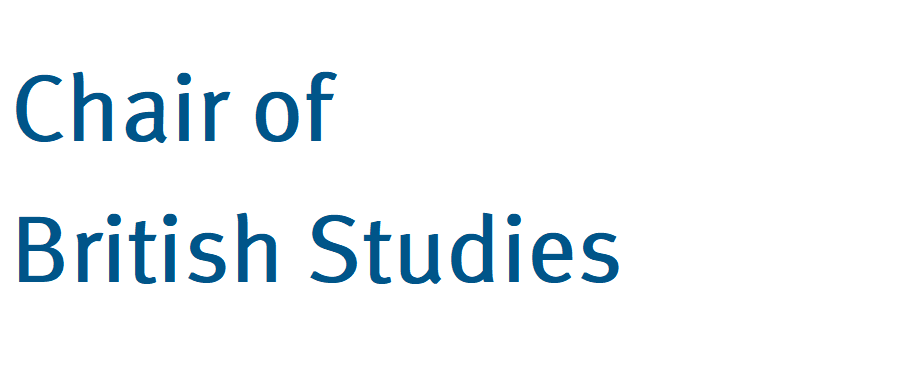PAST PROJECTS
Research Training Group "Literary Form"
Literary texts model realities in a way that is fundamentally constituted by aesthetic form. The Research Training Group "Literarische Form" took as its subject the re-assessment and combination of two elements central to this: that of form and of the model. The former has not only been at the centre of attention of literary studies (as the subject of any historical or theoretical inquiry into concepts such as genre, metaphor or realism) but it is also the centre of fundamental questions pertaining to fictionality and reference, mediality and materiality. As recent developments have shown, students of history, the social sciences, and the natural sciences have also realised the vital importance of fiction and the aesthetic form for their disciplines’ models of reality, while literary studies are in danger of neglecting the specific potency of literary form, abandoning this concern for the sake of theoretical debates and the latest ‘cultural turns’. It is this two-fold assessment that the Research Training Group took its point of departure, approaching traditional questions of literary form from the more general perspective of modelling. This approach enables literary studies, in the narrow sense of the word, to realize its innovative potential for and its interconnectivity with theoretical and historical research from a very wide scope. Studies produced by the Research Training Group thus aimed to contribute in innovative ways to the general knowledge system and its debates by re-addressing central questions of aesthetic form from a historical and systematic vantage point (This project was funded by the DFG and FB 09, October 2013 - September 2019).
Marie Curie ITN Diasporic "Constructions of Home and Belonging" (CoHaB)
All over the world, stable concepts of home and belonging have, for a variety of reasons, become the exception rather than the rule. This has led to dramatic cultural, social and political changes and challenges, but also opportunities. The study of diaspora and migration has therefore evolved into a burgeoning field of research with an urgent practical relevance. The EU-funded Marie Curie Initial Training Network CoHaB united world-leading experts in this field in the conviction that interdisciplinary training as well as international and intersectoral co-operation is key to any productive study of diasporas.
Orbis Britannicus versus Orbis Europaeus? British and Irish Literature between National and European Identity
The chequered relationship between what medieval authors described as 'orbis Britannicus', i.e., Britain and Ireland, and 'orbis Europaeus', i.e., the European mainland, has long been the subject of literary representation and negotiation. In this project, we enquired after the forms and functions of British and Irish literary engagements with varying ideas of Europe, in particular with a view to Europe's importance as ‘other’ in processes of collective self-fashioning. In which contexts, we asked, is Europe invoked, to what effect and with what bearing on the imagination of communities in the "Atlantic Archipelago"? Focussing on early modern drama and contemporary narrative fiction, we studied the ways in which Europe is constructed in and through literature as a frame of reference that serves both positive and negative self-definition. Specifically, our subjects were early modern constructions of Europe in real and imagined maritime spaces and the negotiation of Europe as a metanarrative in the contemporary English novel.
The Fundamentalism Project
Begun in 2003, the international fundamentalism project focused on the relationship and complications between fundamentalism and literature.
Publications:
Klaus Stierstorfer and Catherine Pesso-Miquel, eds. Burning Books: Addressing Fundamentalism in Literature and Popular Culture (New York: AMS Press, 2010).
Klaus Stierstorfer and Axel Stähler, eds. Writing Fundamentlism (Newcastle upon Tyne: Cambridge Scholars Publishing, 2009).
Klaus Stierstorfer (ed. and intro.) and Annette Kern-Stähler. Literary Encounters of Fundamentalism: A Casebook (Heidelberg: Winter, Heidelberg UP, 2008).
Klaus Stierstorfer (ed. and intro.) and Nilufer Bharucha. "Literature as Resistance: Challenging Religious, Linguistic, Casteist, Racist and Sexist Essentialism", Special Issue, Journal of Postcolonial Writing 43.2 (2007) 121-231.
Klaus Stierstorfer (ed. and intro.) and Catherine Pesso-Miquel. Fundamentalism and Literature in English: An Assessment (New York: Palgrave Macmillan, 2007).


